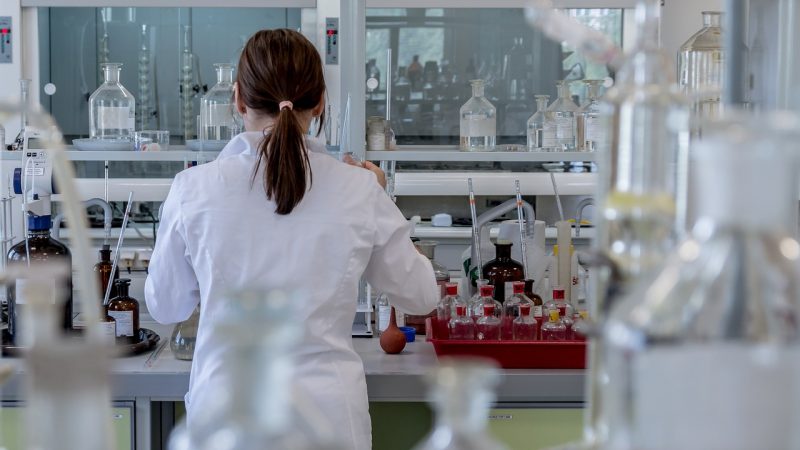Chemical Engineering (PhD)
What is A Chemical Engineering (PhD) Degree?
People in the engineering field use science and math to solve problems; that is, they figure out how to take what scientists have learned to come up with products and ideas that can be used in the real world. Chemical Engineers are hands-on scientists themselves, designing ways to produce and deliver chemicals and fuels for a variety of uses. People who hold the PhD degree in Chemical Engineering are primarily researchers and professors. To apply to a PhD degree program you will need to have a BS degree in engineering or a related field since you will be expected to already know a lot about higher level math and core engineering topics.
Earning a PhD degree, if you enter with a BS degree, will involve studying pretty much the same topics as the Master’s program—thermodynamics, spectroscopy, polymers, etc.—while also developing ideas for a major independent research study. In fact, most schools will award an MS degree along the way. Expect to take courses on research design and statistics and on ethics in research. PhD study is usually flexible in that the direction is determined by the student, who may choose an area of focus based on the professors’ various interests. PhD students may also teach courses under the direction of a professor. The degree will be awarded when the student has successfully designed a research study, gained the support of the faculty, collected data, and written and defended a dissertation.




